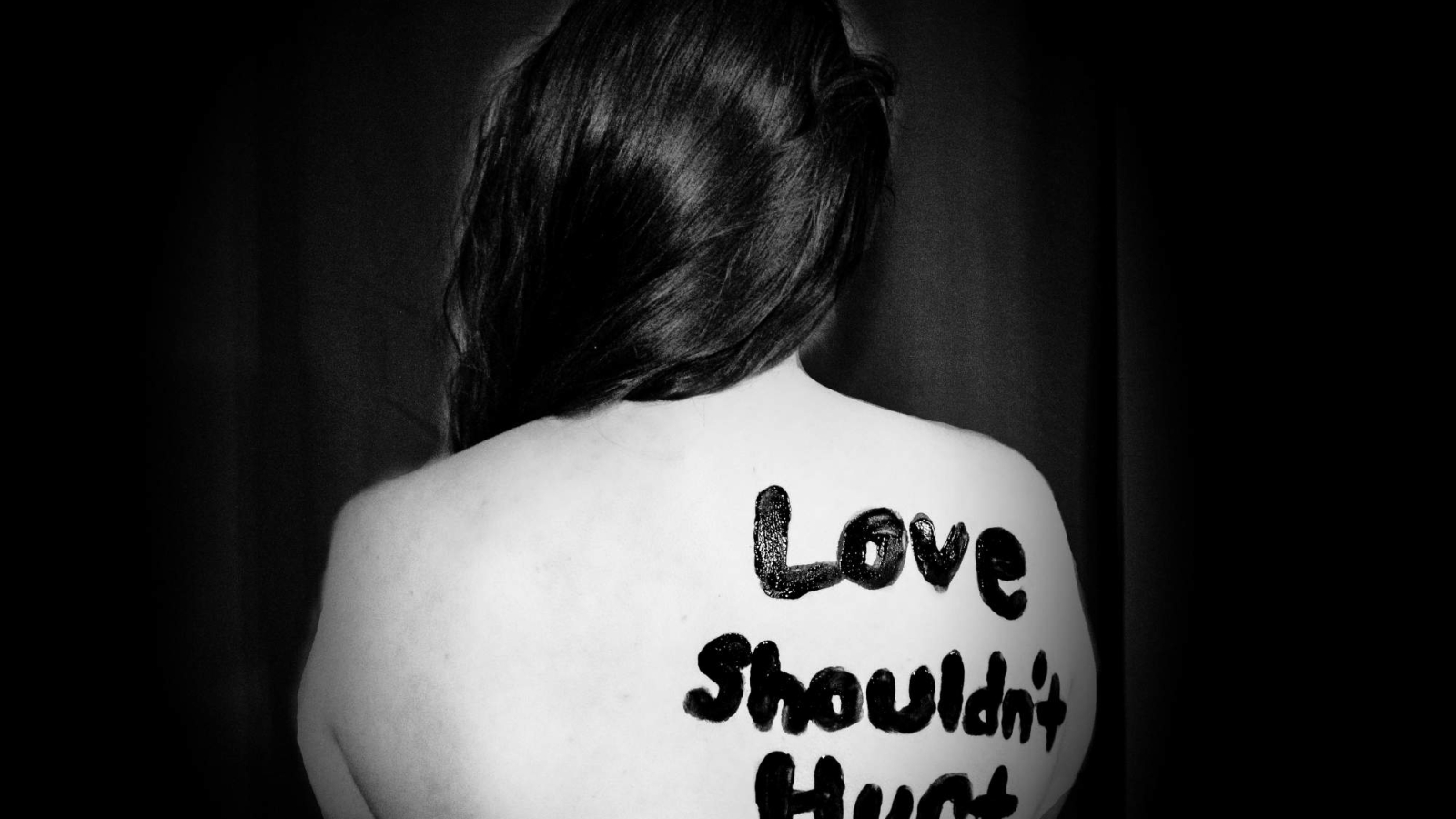I have recently been doing some work with someone who is in a toxic personal relationship. Now if there is violence in a relationship then this is an obvious sign that things are not right. But emotionally abusive relationships can be more difficult to spot and those in them may not always realise there is a problem.
So, what does a healthy relationship look like? Well, all relationships are different, but there are a few common features. In a healthy relationship both parties treat each with respect, are supportive, encouraging, trust each other and can be open about how they feel. Typically, they have interests and friends that they do not share with the other. But also do things together and have common interests.
Signs of an unhealthy relationship can include being threatened or coerced, being put down or humiliated, not being trusted and being controlled or monitored all the time. So, if you partner goes through your phone, web history or social media this is not a good sign.
Now you might think, well I would never start a relationship with someone who is like that. But often we are on our best behaviour when we meet someone new and it can take time for the real personality to fully immerge. And so, the relationship changes and evolve over time. As Harriet Beecher Stowe (American Author and Abolitionist) said, “Whipping and abuse are like laudanum: you have to double the dose as the sensibilities decline”.
Early signs of potential problems include your partner becoming more critical or intolerant of you, you think about what you say or do so as to not upset them and you don’t feel you can talk openly or honestly to them.
So it’s easy, any of these problems and you should leave? Well, it’s not always that straight forward. There may be children or other dependents involved. You may be frightened what will happen if you leave. You may be financially dependent on them. You may enjoy the good times and hope that you can change them or keep them calm to avoid problems. But as Tara Westover (American Essayist and Historian) put it, “When you abuse someone, you limit their perspective, and you trap them in your view of them or your view of the world”.
Remember it is unacceptable for anyone to abuse you, either physically or emotionally, regardless of the relationship you have with them. And in some cases it may even be a crime to do so. You may be made to feel responsible or guilty for the abuse, but the problem is not with you it’s with the abuser.
If you have concerns over a relationship it is a good idea to confide in a trusted friend or family member. With them you can explore the issues and you can decide the next steps. If you feel you need expert help then search for local support agencies. In the UK, the charity Victim Support offers useful advice and information.


